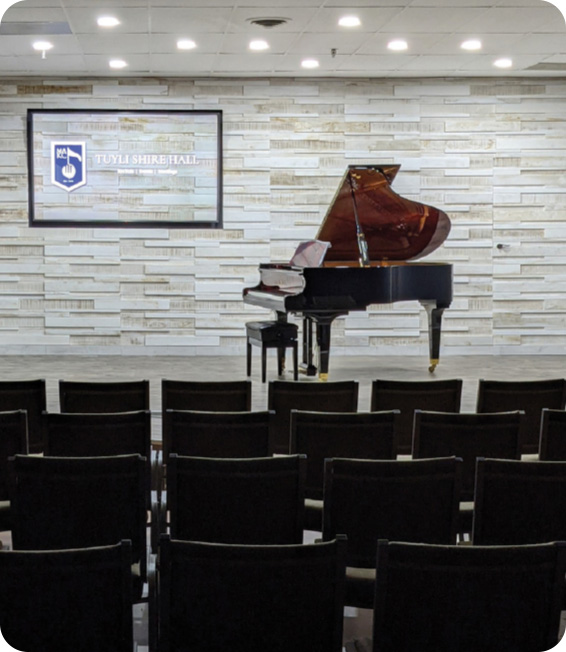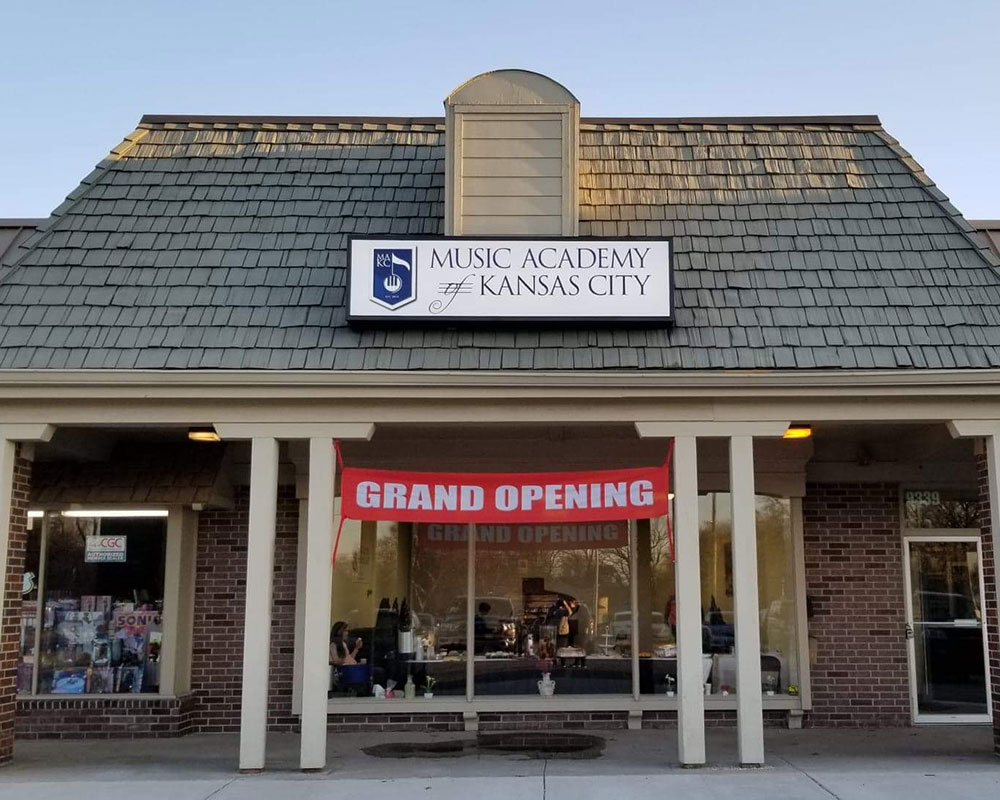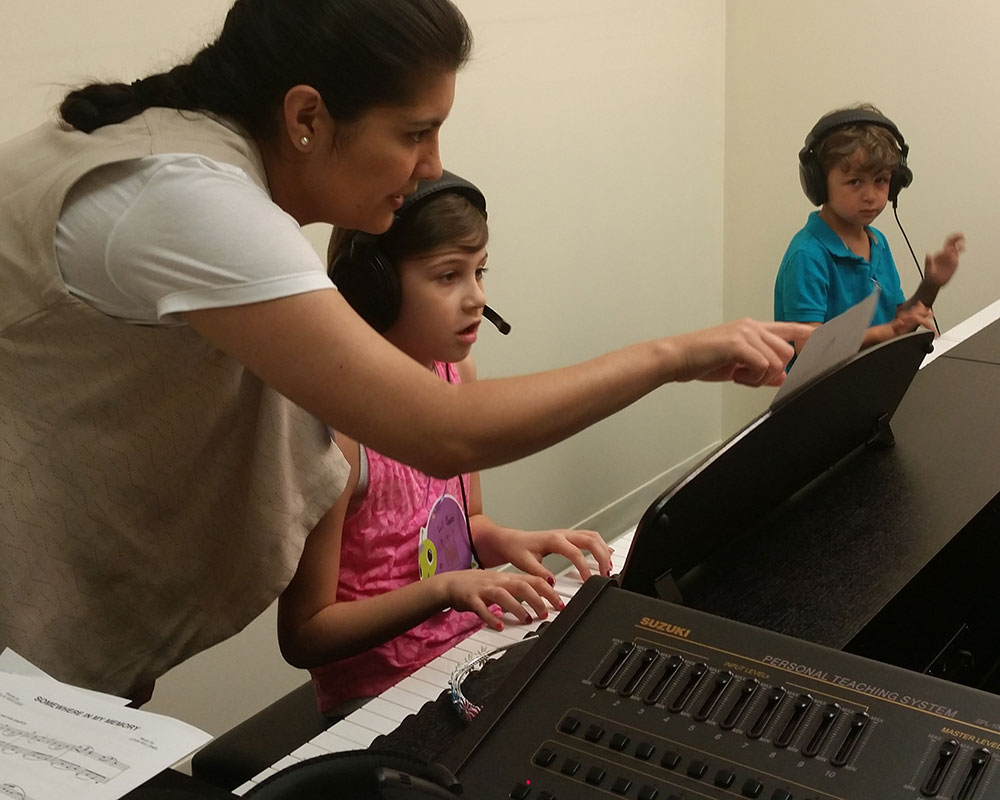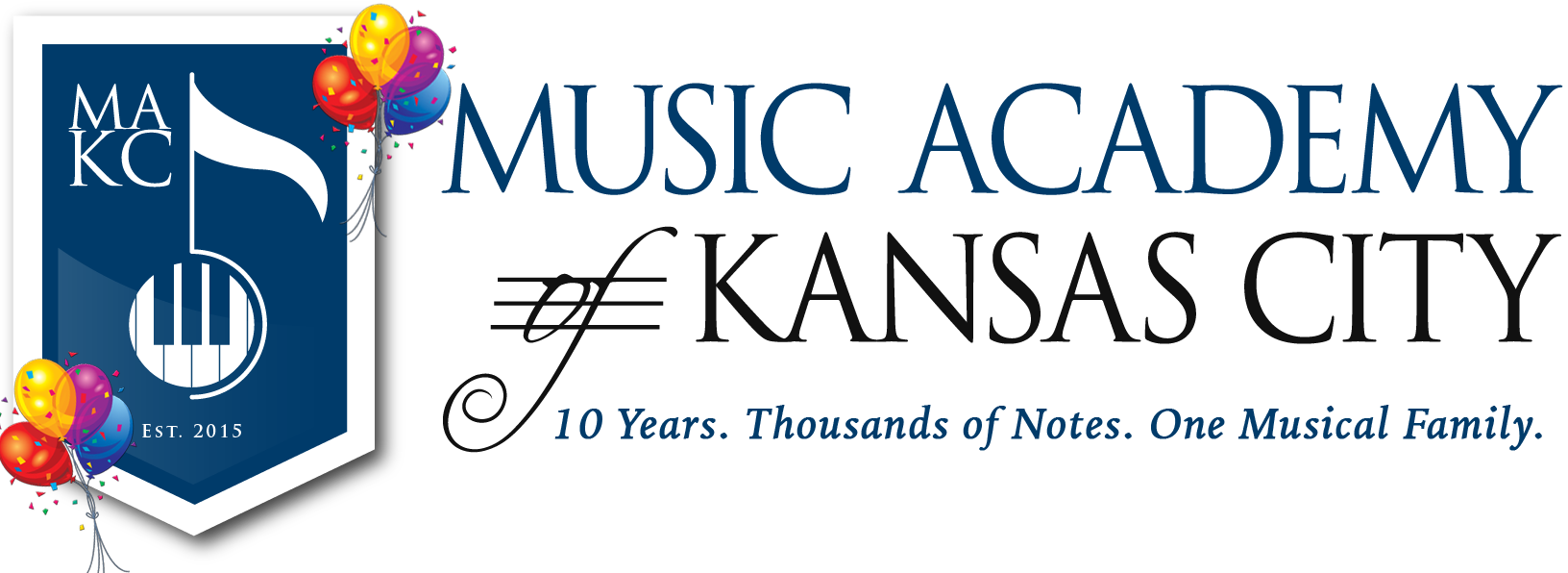Hello, I’m Dr. Maya Tuylieva, owner of The Music Academy of Kansas City.
Managing a music school is a rewarding yet challenging endeavor that requires careful planning and dedication.
Starting a music school is quite challenging, and over the years, I’ve developed a few strategies that have been crucial to running my academy smoothly.
Here are some practical tips to help you manage your music school effectively that range from organizing music lessons and managing music students all the way to handling various aspects of music school management and the music teaching business.

Find the Best Software for Your Music School
One of the first steps in managing a successful music school is finding the right software to handle administrative tasks efficiently.
The Studio Director is an excellent music school management software that can streamline processes such as student enrollments, class schedules, and billing.
With a user-friendly interface, it helps save time and reduce errors, allowing you to focus on teaching and growing your school and managing music classes.
Features
- Student Enrollment – Automate and track student registrations to avoid manual entry errors.
- Class Scheduling – Easily create and adjust class schedules to accommodate different skill levels and availability.
- Billing and Payments – Simplify invoicing and payment collection, ensuring timely transactions.

Hire Qualified Music Teachers
Your music teachers play a crucial role in the success of your music school.
Hiring qualified and passionate music teacher can significantly enhance the learning experience for your students.
Look for independent music teachers who not only have the necessary credentials but also share your vision for music education.
Solutions
- Credentials Verification – Ensure that all teachers have the appropriate degrees and certifications.
- Trial Lessons – Conduct trial lessons to observe teaching methods and student interactions.
- Continuous Training – Provide opportunities for professional development to keep teaching skills sharp.

Develop a Comprehensive Curriculum
Creating a well-rounded curriculum is essential for providing quality music education.
A structured curriculum helps students progress systematically, from beginner to advanced levels.
Tailor your programs to include various instruments, music theory, and performance opportunities.
Ideas
- Beginner and Advanced Classes – Offer classes for different skill levels to cater to a broader audience.
- Performance Opportunities – Organize recitals and concerts to give students a platform to showcase their talents.
- Music Theory – Integrate music theory lessons to give students a deeper understanding of the subject.

Implement Effective Marketing Strategies
Marketing your music school is vital for attracting new students and retaining current ones.
Utilize various marketing strategies to reach potential students and their families.
Social media, local advertisements, and partnerships with local music stores can help increase your visibility.
Examples
- Social Media Accounts – Use platforms like Facebook and Instagram to share updates, videos, and success stories.
- Open Houses – Host open houses and free trial classes to attract new students.
- Partnerships – Collaborate with local music stores and educational institutions to expand your reach.

Create a Supportive Environment
A positive and supportive environment encourages students to thrive.
Foster a community where students feel valued and motivated.
This approach not only enhances their learning experience but also helps in retaining students.
Examples and Solutions
- Positive Reinforcement – Celebrate students’ achievements and progress regularly.
- Parental Involvement – Engage parents in their children’s musical journey by providing regular updates and feedback.
- Safe Space – Ensure that your music school is a safe and welcoming place for all students.

Manage Finances Wisely
Effective financial management is crucial for the sustainability of your music school.
Keep track of all expenses and revenue streams to make informed decisions about budgeting and investments. Consider hiring a financial advisor if needed.
Solutions
- Budgeting – Create detailed budgets to plan for ongoing expenses and unforeseen costs.
- Diverse Revenue Streams – Offer various classes and workshops to attract a wider range of students.
- Regular Audits – Conduct regular financial audits to ensure transparency and accountability.
Seek Feedback and Adapt
Feedback from students, parents, and staff is invaluable for continuous improvement.
Encourage open communication and be willing to adapt based on the feedback received. This approach helps in identifying areas for growth and enhancing the overall experience.
Ideas
- Surveys – Distribute surveys periodically to gather feedback from students and parents.
- Staff Meetings – Hold regular meetings with teachers and administrative staff to discuss improvements.
- Implement Changes – Act on the feedback received to show that you value the input and are committed to making positive changes.
If one works to follow these tips on their music schools, then you can create a thriving music school that nurtures musical talent and provides high-quality education. Remember, managing a music school requires dedication, adaptability, and a passion for music education.

Things I Wish I Knew Before I Started My Music School
When managing a music school, it’s essential to have the right equipment and business ideas in place.
Proper business planning is crucial, starting with a solid business plan that outlines your vision, goals, and strategies.
Equip your classrooms with necessary items like music stands and ample sheet music for all types of classes, whether piano lessons or other instrument instructions.
Ensure your space is conducive to in person lessons, providing a comfortable environment for students.
Selecting the right location is vital to attract new students and retain current students. Keep an eye on industry trends to update your teaching lessons and methods accordingly.
Hiring other teachers who are skilled and passionate about their craft will enhance the learning experience.
Structure your business to support growth and adaptability, and develop a robust marketing strategy to reach potential students.
I would tell people now that creating an inviting atmosphere will encourage more students to start taking lessons at your school.

